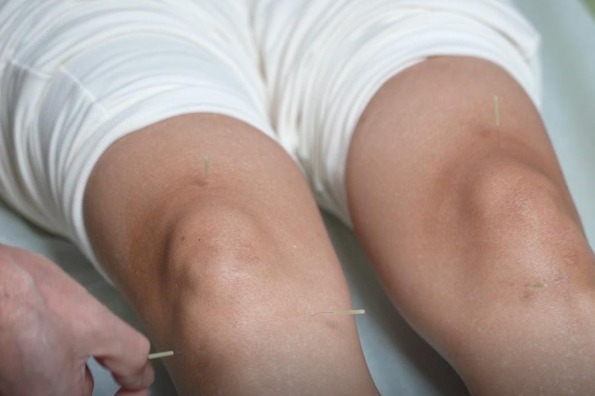TCM joins the fight


TCM theory is the theory of mind or vitality, attested by Huangdi Neijing, the greatest and oldest Chinese medical classic; it states that "patients with robust vitality will heal. Those who lack strong vitality are likely to die." Qi refers to the natural energy of a man, a resource used for self-protection. Immunity pertains to the body's biological defenses. If a person is lacking in qi, he or she will present only weak resistance to attacks from diseases.
Boosting qi shares something common with enhancing biological immunity.
The spleen, according to TCM practice, is responsible for the intake, the processing and distribution of nourishment from food. It turns digested food into nutrients and transports them to lungs, according to Eu Yan Sang, a TCM pharmaceutical company.
Dampness refers to a condition wherein the spleen is incapable of transporting and transforming body fluids. An accumulation of moisture within the body follows. It's a condition that is considered turbid, heavy, and hard to shake off. The accumulation of dampness in the intestines causes loose stools, observes Bian. The medicine removes impediments to the functioning of the spleen, helping to restore healthy digestion.
Taking care of the elderly
The elderly already in precarious health are vulnerable to dying from the coronavirus. What makes that condition even worse is the old people are more susceptible to the virus. Our aging population puts a heavy burden on medical resources. It's not just a problem in Hong Kong. Many other regions have similar challenges as more and more people enter their senior years.
It's noted that many elderly folk are listed among confirmed cases of COVID-19. The natural immunity of elder people in general is much weaker than that of the youth. Those with other serious illnesses are more prone to complications from the virus, said Bian.




